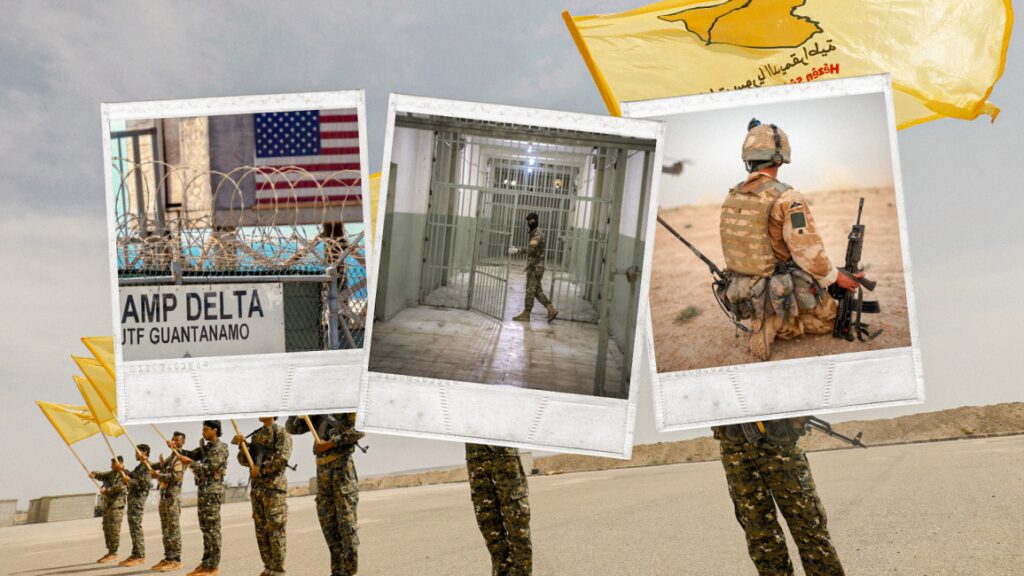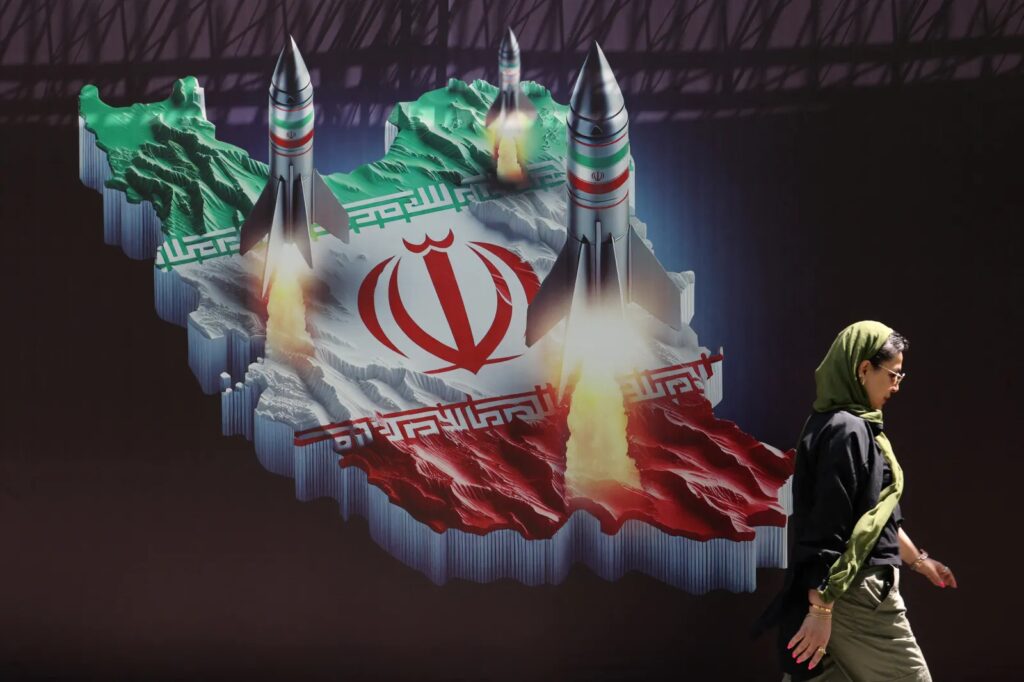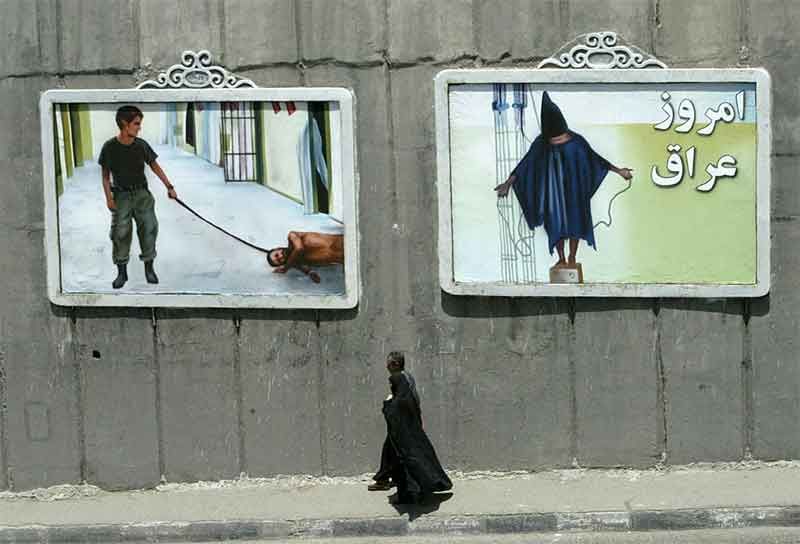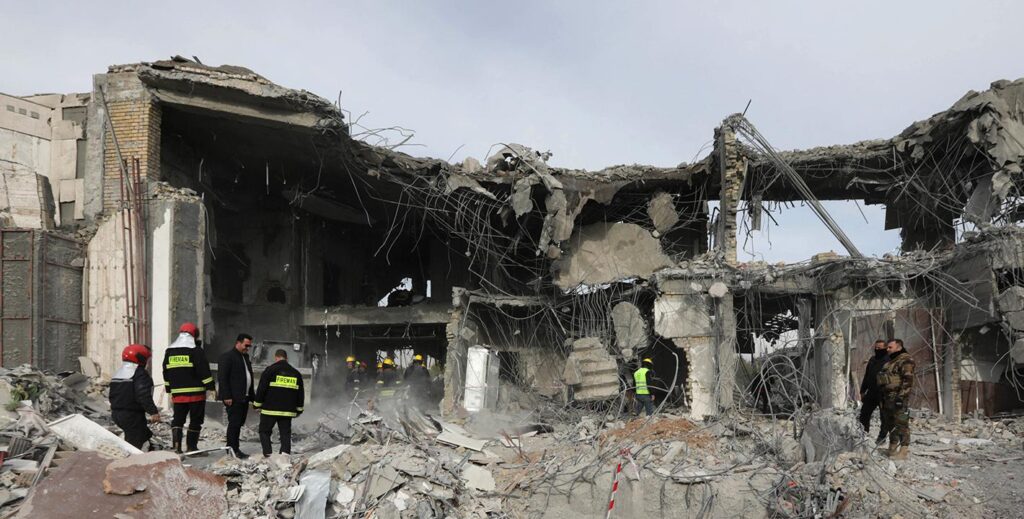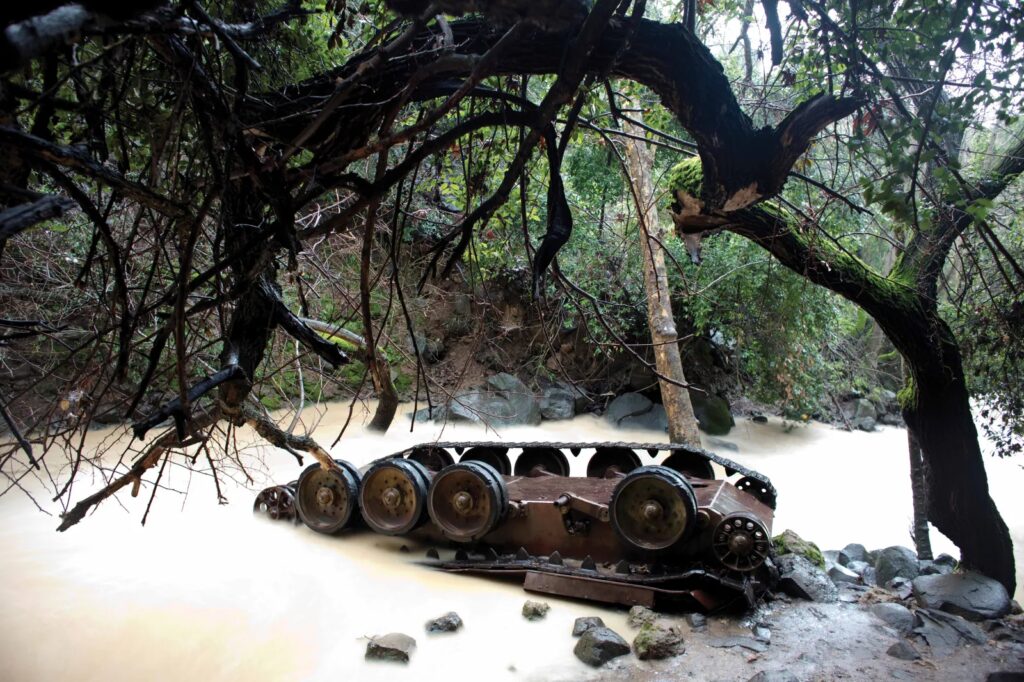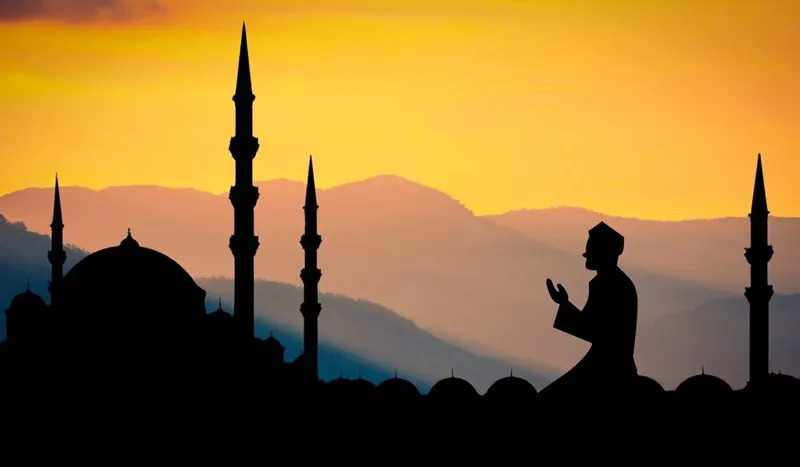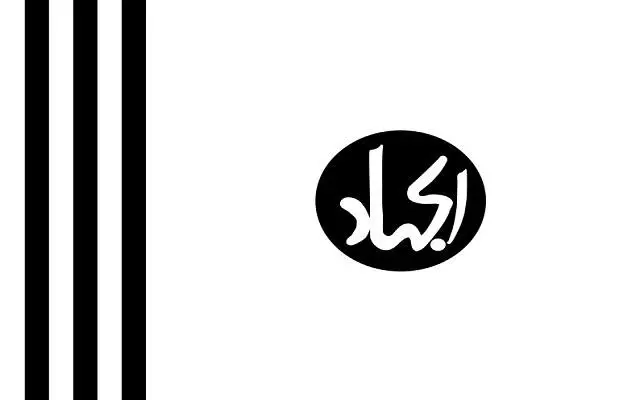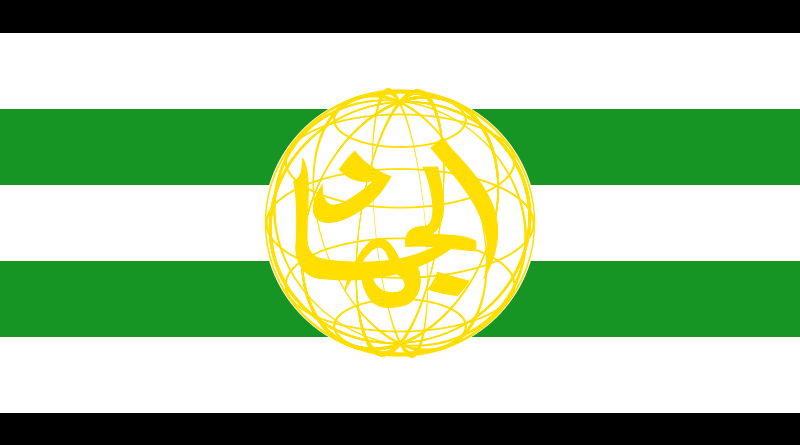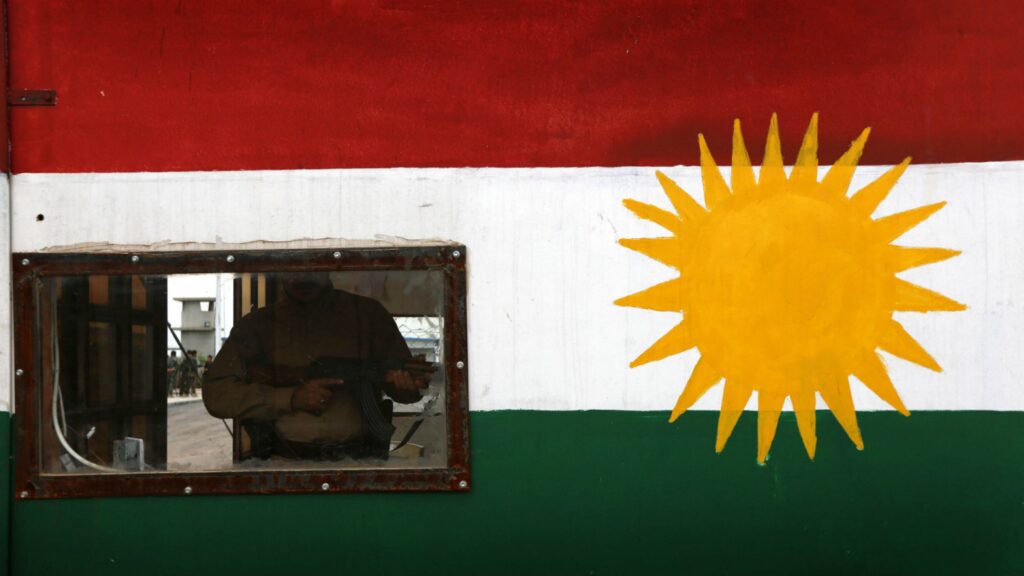Le mal est l’empire
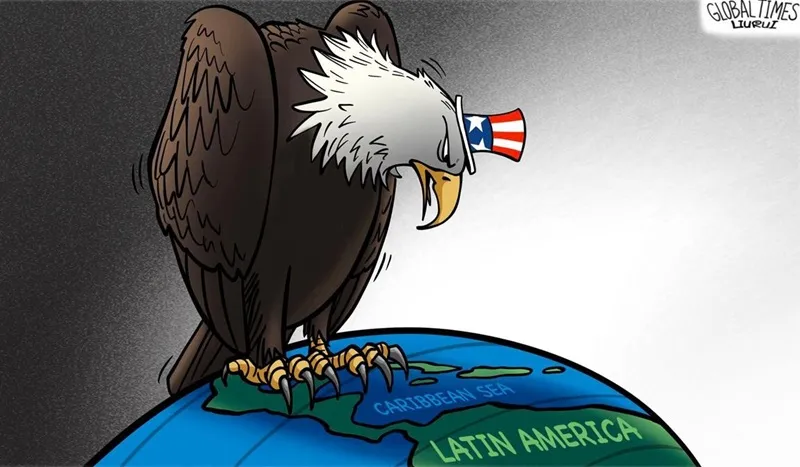
Le 2 avril est commémoré en République argentine le Jour des Vétérans et des Morts de la guerre des Malouines. Ce jour-là, il y a généralement de multiples activités, dont certaines n’ont pas pu être réalisées cette année en raison de la visite de la Commandante du Commandement Sud des États-Unis d’Amérique. On lui a demandé de changer la date, mais la demande a été refusée, mettant en lumière deux choses : premièrement, l’arrogance impériale des États-Unis et deuxièmement, la docilité et l’extrême soumission du gouvernement argentin. Il faut se rappeler que lors de la Guerre des Malouines, les États-Unis ont trahi le Traité d’Assistance Réciproque des Amériques (TIAR) et par là même l’Argentine, en soutenant ouvertement le Royaume-Uni avec une logistique et une intelligence qui ont été fondamentales dans la défaite du pays du Sud en 1982.

